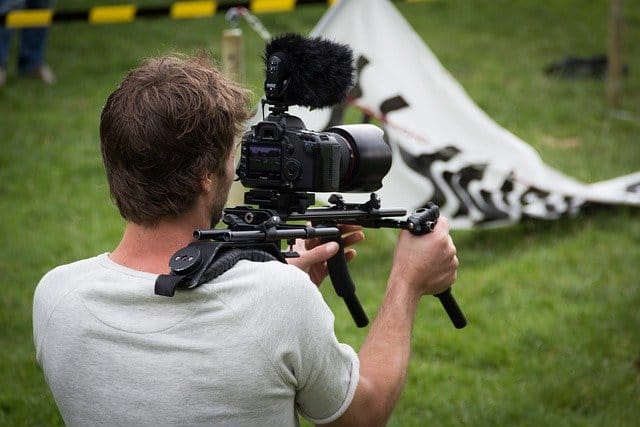A well-planned event will help your business grow and leave a lasting impression on your audience. When planning your event, you need to consider factors such as budget, timeline, and services. Keeping these in mind will help you avoid costly mistakes.

Pre-production
Pre-production for corporate events lays the foundation for production. Second, it ensures post-production goes smoothly. Once the production company has the information it needs, it can work with it to create an exciting event.
At least three months before the start of production, the pre-production phase starts with the client. It involves compiling scripts and talking over presentation concepts. The event production management will coordinate the specifics with the client. This is an essential step since last-minute changes are inevitable. It’s also when the production team’s experience comes to play.
The production team is split into several departments, each led by a department head. Casting directors, production designers, and costume designers all play essential roles. The objectives and timetables of each department must be shared. A competent pre-production crew holds regular meetings.
Budgeting
To plan a corporate event, it is essential to budget properly. While budgeting for an event may seem daunting, ensuring you do not overspend necessary. There are many ways to reduce expenses while providing a memorable event. One of the best options is to hire a professional planner to assist you with the planning process. A professional planner is knowledgeable about hidden costs and will know how to maximize your budget.
First and foremost, it is essential to determine what kind of event you’re planning. For example, if you’re hosting a VIP event, you’ll have to create unique decor to match the guest list. You may also need to purchase audio-visual equipment and food. However, if you’re planning an internal company meeting, you can cut costs on specific elements and allocate more money to food and drink.
Coordination
In the event production industry, coordination is the key to ensuring everything runs as smoothly as possible. This includes implementing an event’s creative, technical, and logistical aspects. It also includes coordinating the people and equipment necessary for the event. A production manager can solve transportation issues for attendees and partners and oversee the budget and negotiations for the event.
Coordination begins early in the planning process. Rental companies and staging companies should arrive a few days before the event to begin set up. The production team needs the right load-in and load-out crew so the event doesn’t take too long. Discussing the logistics with the client early on is essential to avoid delays. Once the production team clearly understands the event’s requirements, it can begin planning strategies and devise a schedule for onsite work.
Noise
When planning corporate events, sound quality is critical. Stage & Sound is a professional who has been involved in numerous events.
Noise can drive people away from an event if it isn’t appropriate. But proper sound can keep attendees focused for longer and improve their overall experience. Whether you are planning a small corporate event or a large conference, choosing the right sound system for the occasion is vital. A professional audio team can help you determine the proper noise level and work with you to schedule the sound appropriately.
If your event involves noisy equipment, it is vital to consider the noise impact. Loud noise can cause damage to the hearing of participants and may disturb neighbors. In addition, it can prevent people from sleeping or relaxing at home.
ROI
Event marketing is an increasingly important part of the marketing mix for B2B companies.
To assess ROI, marketers can look at how well an event generates revenue for a business. One way to do this is to calculate the cost per lead caused by an event. Typically, event ROI is measured as a percentage of revenue minus cost. The cost per lead generated can then be adjusted to measure the net value of the event.
Planning an event requires consideration of event ROI. It ought to be based on the event’s objective. It ought to result in new business. Without new business, an event would not be considered a success. Therefore, it is crucial to measure the results through key performance indicators (KPIs) and each activity’s effectiveness.